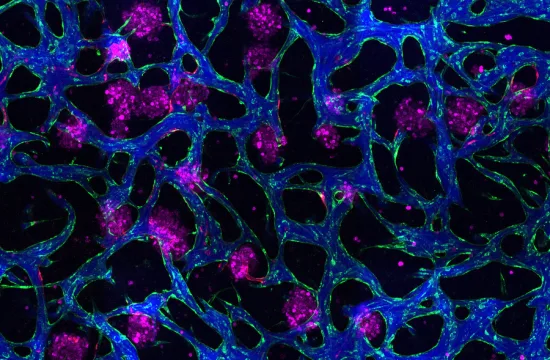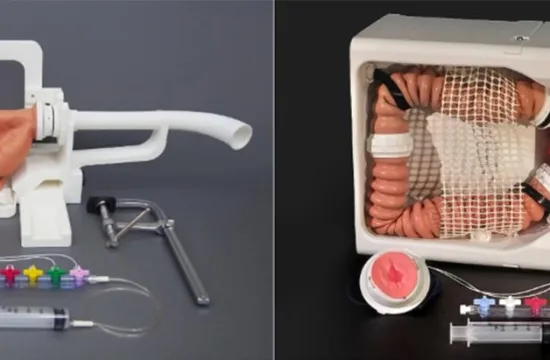 In a first small clinical trial of its kind, researchers harnessed T cells from patients’ own bone marrow to treat multiple myeloma and provide immune protection for up to a year, according to a study published this week in Science Translation Machine
In a first small clinical trial of its kind, researchers harnessed T cells from patients’ own bone marrow to treat multiple myeloma and provide immune protection for up to a year, according to a study published this week in Science Translation Machine
Currently, the source of T cells for the majority of therapies is the tumor itself — since solid tumors house many immune cells. However, this poses a challenge for designing immunotherapy for blood cancers because malignant blood cells, instead of forming a solid mass, circulate in the bloodstream.
Now, Ivan Borrello, M.D., associate professor of oncology at Johns Hopkins University, and colleagues have tapped into bone marrow, the disease site for many blood cancers, for T cells called marrow-infiltrating lymphocytes (MILs). Their thinking? That bone marrow may be more likely to harbor T cells specifically active against a patient’s tumor.
“This concept originated in an effort to examine the tumor-infiltrating cells (TILs) of a bone marrow malignancy, such as myeloma, and evolved into an examination of the many unique immunologic features of the bone marrow,” Borrello told Drug Discovery & Development. “It’s very significant because it opens up an entirely new — and more biologically based — approach to adoptive T cell therapy at a time in which such approaches are reaching broader audiences with more indications.”
For the clinical trial, the Johns Hopkins team enrolled 25 patients with newly diagnosed or relapsed multiple myeloma (three patients relapsed before they could receive the MILs therapy). Researchers harvested MILs from patients’ bone marrow, selectively activated them against their tumor type, and infused them back into their bodies. Three days before the MILs injections, patients received high doses of chemotherapy and a stem cell transplant, standard treatments for multiple myeloma.
A year after receiving the MILs therapy, 13 of the 22 patients experienced reductions in cancerous white blood cells — the treatment partially or completely shrank tumors in about half of the patients.
Seven patients experienced at least a 90 percent reduction in tumor cell volume and lived, on average, 25.1 months without cancer progression. The remaining 15 patients had an average of 11.8 progression-free months following MILs therapy. No participants experienced serious side effects from the MILs therapy. Overall survival was 31.5 months for those with less than 90 percent disease reduction, but this number has not yet been reached in those with better responses. The average follow-up time is currently more than six years.
Overall, greater tumor specificity of the MILs directly correlated with better patient outcome.
These results suggest that bone marrow may offer a new source of T cells for immunotherapy that can benefit not just multiple myeloma, but other blood cancers including lung, esophageal and gastric cancers, as well as the pediatric cancers neuroblastoma and Ewing’s sarcoma.
Borrello acknowledges that several U.S. cancer centers have conducted adoptive T cell therapy, but said the Johns Hopkins team is believed to be the only one to use MILs.
“We were very pleased to see the feasibility of this approach, and that there is evidence of persistence of MILs out one year post-infusion,” Borrello told Drug Discovery & Development. “Also, the correlation of tumor specific immunity with clinical outcomes, and that it appears as though there may be a substantial benefit in overall survival out past six years for the subset of patients that had a benefit from this approach.”
Based on these results, bone marrow-derived T cell therapy has advanced to the next stage of clinical trial. Said Borrello to Drug Discovery & Development, “We’re currently conducting a randomized trial in high risk myeloma of 90 patients, and also have a trial giving MILs following relapse from an allogeneic transplant. We’re also developing MILs for several solid tumors.”
There are nearly 27,000 new cases of multiple myeloma and more than 11,000 deaths each year in the U.S., according to the American Cancer Society.
Source: ddmag






